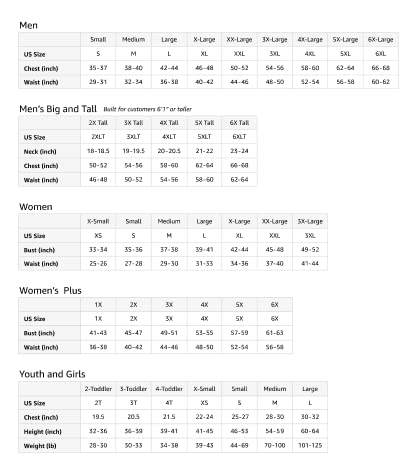Price
Shop / costume outfit for pink panther
Toddler's 2 pc Pink Panther Costume
The importance of maintaining a healthy work-life balance cannot be overstated. In today's fast-paced and demanding work environment, it is crucial for individuals to find a harmonious equilibrium between their professional and personal lives. A well-balanced lifestyle not only enhances overall well-being but also contributes to increased productivity, job satisfaction, and a more fulfilling existence.
One of the key aspects of achieving a healthy work-life balance is effective time management. By prioritizing tasks, setting realistic goals, and learning to delegate responsibilities, individuals can efficiently manage their workload and allocate time for personal pursuits. This may involve strategies such as creating a structured daily routine, utilizing productivity tools, and learning to say "no" to unnecessary commitments.
Another critical factor in maintaining a healthy work-life balance is setting clear boundaries. It is essential to establish boundaries between work and personal time, which may include limiting work-related communication outside of designated work hours, taking regular breaks, and effectively managing expectations from both employers and colleagues. This helps to prevent burnout, reduce stress, and ensure that individuals have ample time to recharge and engage in activities that bring them joy and fulfillment.
Cultivating strong social connections and engaging in leisure activities outside of work is also vital for maintaining a healthy work-life balance. Spending quality time with family and friends, pursuing hobbies, or engaging in physical exercise can help individuals to reduce stress, improve mental well-being, and foster a sense of balance and fulfillment in their lives.
Employers also play a crucial role in promoting a healthy work-life balance for their employees. By implementing policies and initiatives that support flexible work arrangements, such as remote work options, flexible schedules, and generous paid time off, employers can demonstrate a commitment to the well-being of their workforce. This, in turn, can lead to increased employee engagement, reduced turnover, and a more productive and satisfied workforce.
Ultimately, maintaining a healthy work-life balance is a continuous journey that requires ongoing effort and commitment. By prioritizing self-care, setting boundaries, and actively engaging in activities that bring joy and fulfillment, individuals can achieve a more balanced and satisfying way of living. Additionally, by fostering a workplace culture that values and supports work-life balance, organizations can contribute to the overall well-being and success of their employees.
product information:
| Attribute | Value |
|---|---|
| is_discontinued_by_manufacturer | No |
| department | baby-girls |
| date_first_available | October 9, 2018 |











